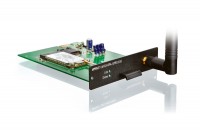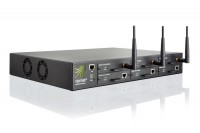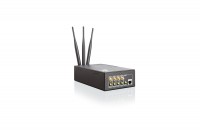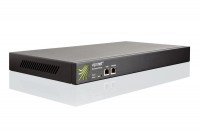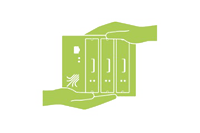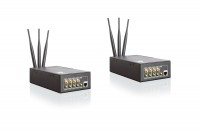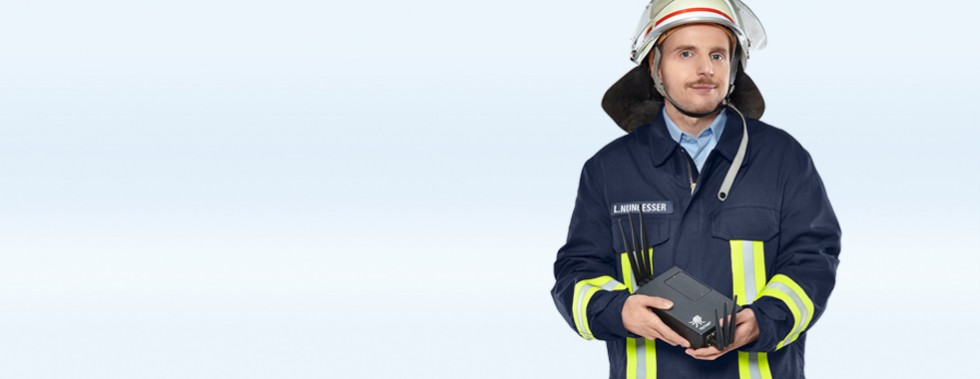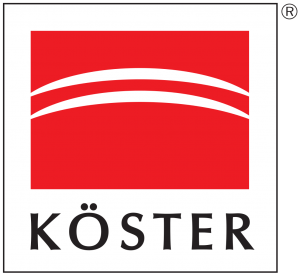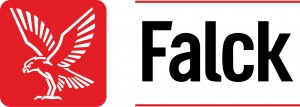Unbelievable, what bonding DSL, UMTS and LTE makes possible
Building-Sites Online From Day One
Nowadays, fast and reliable Internet access for construction sites may be a decisive factor for the success of the project just as much as the energy supply is. Providing construction sites with DSL is hardly ever possible, as it is either not available at all, proves to be uneconomical for the investor, or because laying wires takes too long. Especially during larger projects it is of utmost importance to have direct access to the architect’s plans at any time, to information relating to the technical building equipment, or to safety features. General contractor Köster GmbH from Osnabrück, Northern Germany, put special emphasis on the project and local site management to have access to the IT tools developed by the company itself over the past few years which are used to reliably steer process control. That’s why Köster GmbH chose a Viprinet solution.
Saving lives by remote diagnosis
Early and appropriate treatment in medical emergencies can save lives and minimize long-term harm. Ideally, treatment should start in the ambulance while it is on its way to the hospital. Furthermore, if the patient has a potentially serious condition, directing them to the appropriate hospital and unit is also vital, so the medical team there can ensure that the necessary treatment resources are available. This is where telemedicine and eHealth solutions come into play. Transmitting relevant patient data like physiological parameters to specialists in the hospital, and making it possible for the ambulance crew to stream high-definition video from the ambulance facilitates major improvements in patient care. Falck Group, a leading
Nordic-based health solution company with a global presence in 45 countries, has equipped ambulances in Denmark with Viprinet technology to enable the transmission of diagnostic information including live video images directly to medical professionals.
Small car, big Internet
Important news is broadcast from big cities; the actual event, however, often takes place in far remote areas. To report from there on an event using digital broadcasting technology can be managed only via expensive satellite technology due to lack of network coverage and bandwidth of individual providers. For that, so-called SNG (Satellite News Gathering) vehicles have to be provided which transmit video and audio signals to the respective broadcast stations via satellite links. With their mobile subcompact hotspot, tividoo, a company from Langenlonsheim, Germany, provides an efficient and economical alternative.

